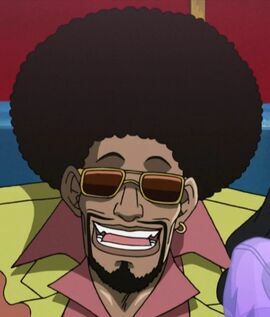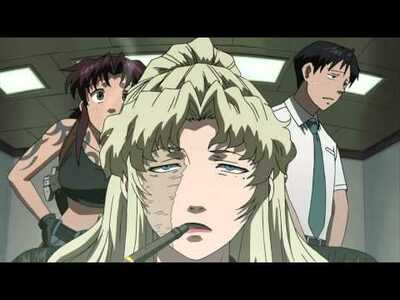The anime "Black Lagoon" focuses on the "gray morality" of the line of work of the titular group.
It also focuses on the gray morality of those who help them (or even those who fight them).
In fact one could argue that the whole philosophical premise of the show is that no one is wholly "good" or "evil".
One particular recurring character in the series is a nightclub owner in Roanpur who also sells "the stuff" (https://villains.fandom.com/wiki/Rowan_Pidgeons).
Without him, Balalaika wouldn't have been able to confirm the identity of "the twins" (child assassins from Romania who wanted to murder her).
https://www.youtube.com/watch?v=w7QkLIz_vfI&ab_channel=AnimeFan
He also cares about the members of the titular group, and offers counselling to Rock (the protagonist) if/when he needs it.
Anyways, "Black Lagoon" was released in animated form in the early 2000's, years before Japan was forced by America to outlaw "the stuff".
In the spinoff manga "Dismemberment Galore! The Gore Gore Girl" (released in 2019/2020), it is made clear that any person involved in any way with "the stuff" is an antagonist with no redeeming qualities (https://lagooncompany.fandom.com/wiki/Picton). The story in the spinoff is much more fantastical and, in my opinion, loses some of the gritty, realistic appeal that the original manga/anime did.
Point is, "Black Lagoon" is, in a roundabout way, pedo-propaganda...
Fucking Youtube age-restricting the video, fucking shit.
You get the point.


